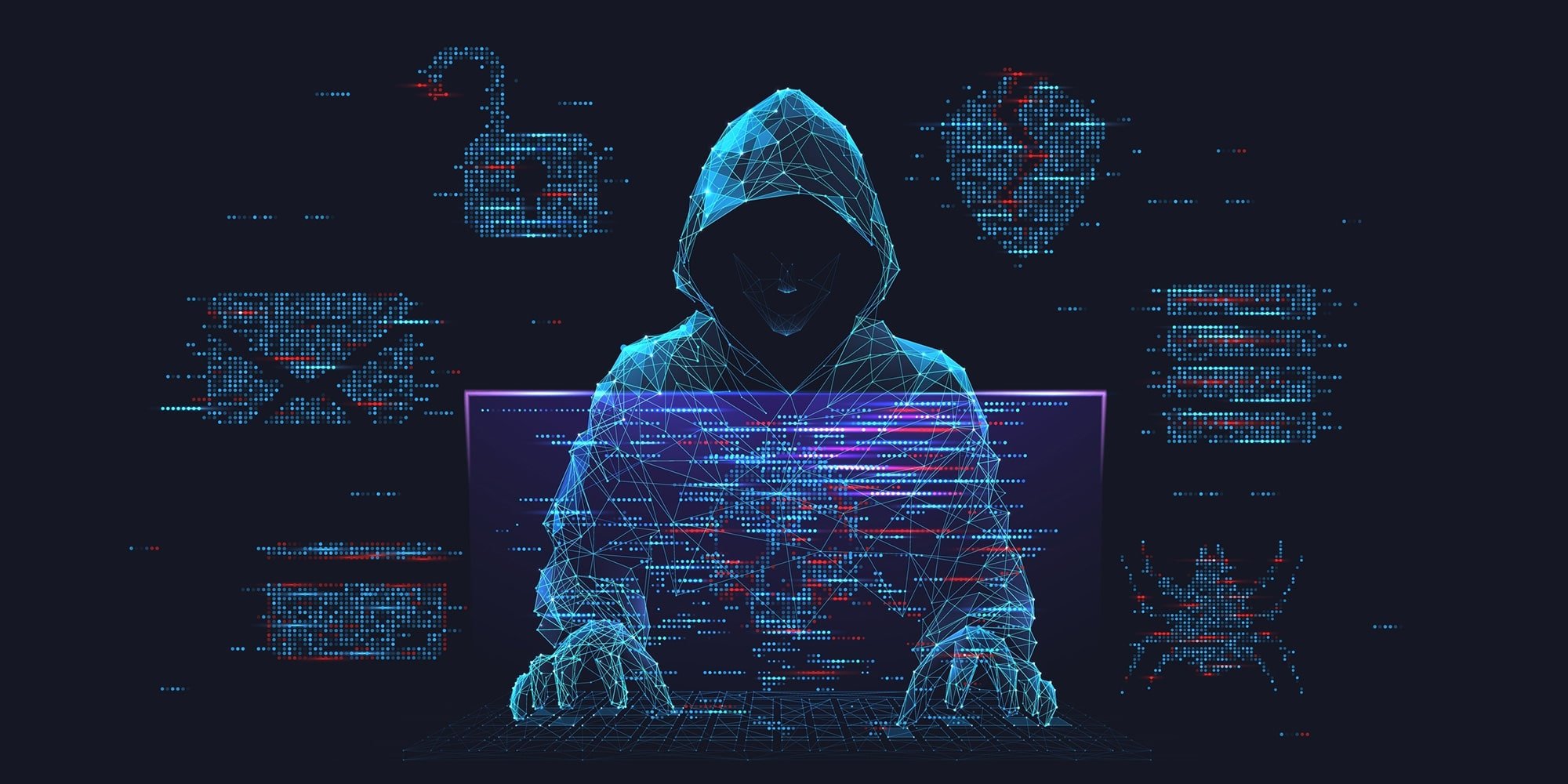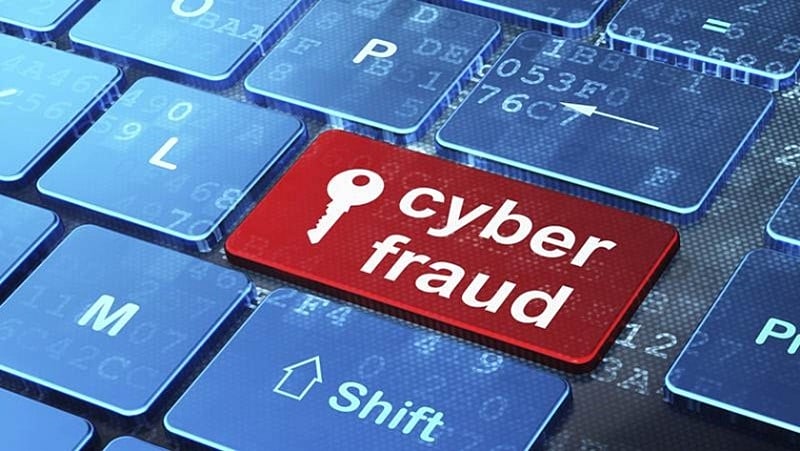**North Korean Hackers Leverage Blockchain for Decentralized Cyberattacks**
Recent reports from Cisco Talos and Google’s Threat Intelligence Group (GTIG) reveal that North Korean-linked hackers are increasingly utilizing blockchain technology to develop decentralized command systems, enhancing the stealth and persistence of their cyber operations.
### Fake Job Offers: A Common Cyberattack Vector
A primary tactic employed by these threat actors involves fake job recruitment campaigns. Targeting professionals in cryptocurrency and cybersecurity sectors, attackers use fraudulent job postings and interview offers to lure victims. These campaigns typically ask candidates to complete bogus technical assessments embedded with malicious files, unknowingly installing malware onto their devices.
### Advanced Malware Tools: BeaverTail, OtterCookie, and EtherHiding
Cisco Talos has identified a North Korean threat group known as Famous Chollima, which deploys two advanced malware families called BeaverTail and OtterCookie. These are designed to steal credentials and gather sensitive data. Recent variants have enhanced functionalities that improve communication efficiency during attacks.
In one instance, a Sri Lankan organization was indirectly compromised after a job seeker installed malware as part of a fake technical test. This malware included modules capable of keystroke logging and screenshot capturing, sending the harvested information to attacker-controlled servers. This highlights how individuals can be vulnerable even when their organizations are not direct targets.
Google’s Threat Intelligence Group uncovered a novel malware named EtherHiding used by a North Korean-linked actor known as UNC5342. EtherHiding conceals malicious JavaScript payloads on public blockchains, enabling attackers to create decentralized command and control (C2) systems that are difficult to detect and remove. This technique allows remote modification of malware behavior without relying on traditional servers, significantly reducing the risk of disruption.
### Blockchain-Based Command Systems: A Growing Threat
By utilizing public blockchains as infrastructure, North Korean hackers effectively maintain persistent access to infected systems. Unlike traditional C2 servers, blockchain data cannot be easily taken down or controlled by authorities, complicating efforts to interrupt these malicious operations.
Google researchers link this approach to a broader campaign called Contagious Interview, which also employs fake job offers to infect targets. This integration of decentralized technology marks a shift in how these threat groups operate and maintain long-term presence.
### Broader Malware Ecosystem and Objectives
The campaigns often involve a combination of malware families such as JadeSnow, BeaverTail, and InvisibleFerret. These tools collectively enable attackers to steal credentials, deploy ransomware, and gain deeper access into corporate environments. Researchers note that the motivations include both financial gain and espionage, with a focus on maintaining persistent access for future exploitation.
### Defensive Measures and Recommendations
To help organizations guard against these threats, Cisco Talos and Google have released indicators of compromise (IOCs) that security teams can use to detect suspicious activities linked to these campaigns.
Analysts emphasize the challenges posed by the combination of social engineering and blockchain-based tooling. Since public blockchains cannot be easily controlled or shut down, they offer a resilient platform for attackers to conceal their operations.
Experts recommend that organizations:
– Carefully verify the legitimacy of job offers.
– Restrict file downloads during recruitment processes.
– Update and enhance monitoring systems to detect malware families like BeaverTail, OtterCookie, and EtherHiding.
### Ongoing Monitoring and Research
Researchers from both Cisco Talos and Google continue to track these evolving campaigns and regularly share findings with the global cybersecurity community. Staying informed and vigilant remains crucial in countering these sophisticated North Korean cyber threats.
https://coincentral.com/north-korean-hackers-expand-global-cyberattacks-using-blockchain-tools/



